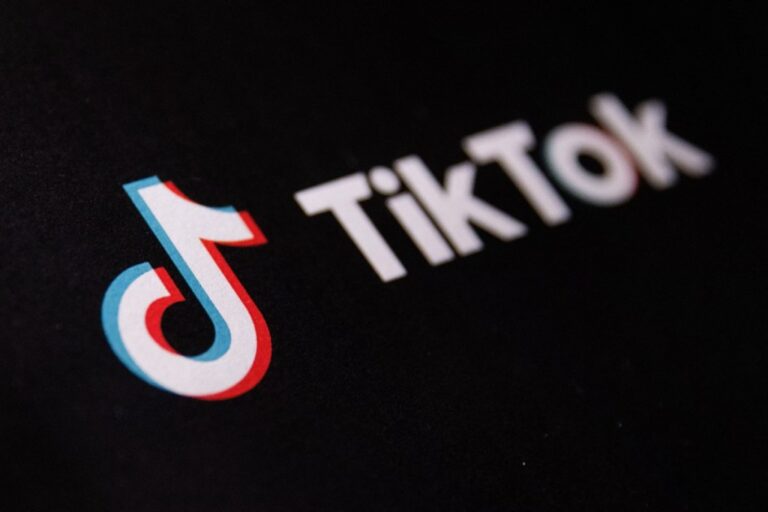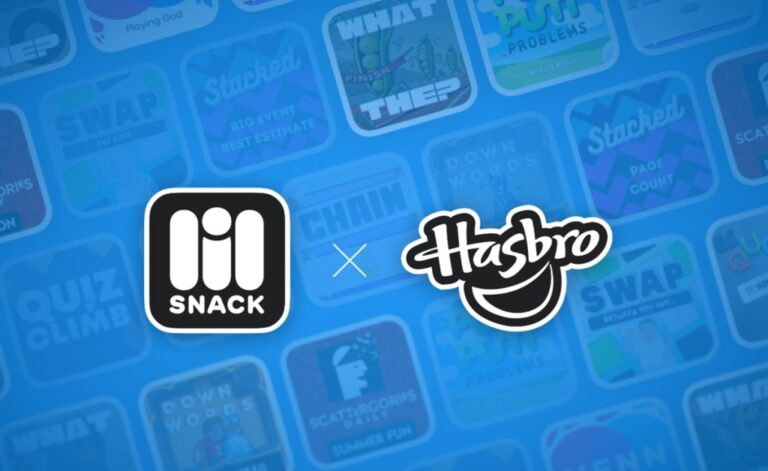
Similar Posts

Introducing Dia: The Revolutionary Open Source Text-to-Speech Model Taking on ElevenLabs and OpenAI!
Dia is a revolutionary text-to-speech technology that enhances user interaction with digital content through its expressive voice quality, reproducibility, and open access. It offers a natural listening experience, allowing users to replicate voice outputs for consistency across applications. Dia promotes inclusivity by providing free access, enabling broader usage among developers and users alike. Its expressive capabilities foster greater user engagement, while the open access model ensures that more people can benefit from advanced text-to-speech features. Overall, Dia represents a significant advancement in the field, emphasizing user experience and accessibility.

Unlocking the Future: OpenAI’s Revolutionary O3-Powered ‘Deep Research’ Mode Showcases the Era of AI Agents
OpenAI is enhancing its tool’s capabilities by integrating custom datasets, allowing organizations to tailor the tool to their specific needs. This development offers businesses the potential for improved performance, flexibility, and insights by using relevant data. Organizations can leverage this by identifying their data requirements, seamlessly integrating custom datasets following OpenAI’s guidelines, and monitoring the tool’s performance for necessary adjustments. This approach aims to maximize the utility of OpenAI’s tool, helping businesses uncover unique trends and achieve better outcomes. For more details and related articles, visit the official OpenAI website.

Groq and PlayAI Revolutionize Voice AI: Discover the Secrets Behind Their Human-Like Sound!
Groq has partnered with PlayAI to launch Dialog, an advanced text-to-speech model that operates ten times faster than real-time speech and features the first Arabic voice AI model designed for the Middle East. Dialog’s key attributes include remarkable speed, emotional intelligence, and accessibility for Arabic-speaking populations. This collaboration aims to enhance user experience across various sectors, such as education, customer service, and entertainment, by providing engaging and efficient voice technology. The introduction of Dialog marks a significant advancement in AI-driven speech technology, bridging cultural gaps and improving communication.

Revolutionary Technique Optimizes LLM Reasoning with Cost-Efficient Control of Chain-of-Thought Lengths
Researchers at Carnegie Mellon University have developed a novel training technique for large language models (LLMs), allowing developers to control the chain-of-thought length for more efficient and tailored responses. This method enhances flexibility in processing information, enabling adjustments based on task complexity. Key benefits include improved output quality, increased efficiency, and customizability for various industries such as healthcare and finance. By refining reasoning capabilities, developers can create more accurate models, potentially leading to sophisticated AI applications. This advancement represents a significant step in LLM development, promising enhanced control for developers and better AI solutions.

Breaking News: TikTok Banned in the U.S. – What It Means for Users and Creators
TikTok has abruptly ceased operations in the U.S., leaving millions of users in shock. On January 19, the app displayed messages indicating it was unavailable, leading to widespread confusion. The shutdown stems from regulatory challenges, data privacy concerns, and increasing competition from other platforms. Users expressed feelings of loss over the vibrant community built over the years and are now seeking alternatives for sharing creative content. With TikTok’s exit, platforms like Instagram Reels and YouTube Shorts may rise in popularity. This unexpected turn marks a significant shift in the social media landscape, prompting speculation about the future of short-form video content.

